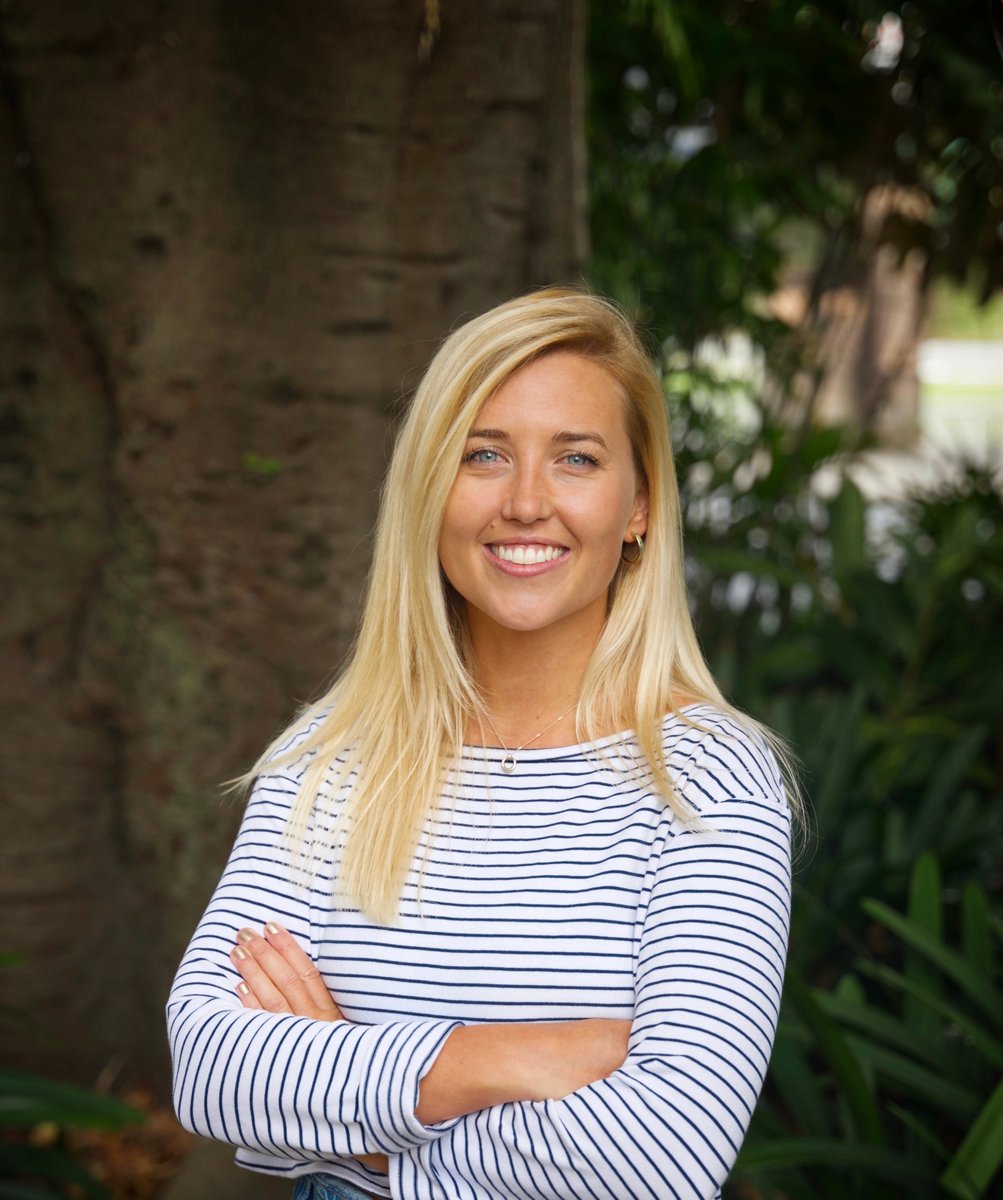
If you want to support independent women's media, become a Mamamia subscriber. Get an all-access pass to everything we make, including exclusive podcasts, articles, videos and our exercise app, MOVE.
"Oh for me, it's a pre-bed thing, I love drifting off to it," my friend Sophie told a group of us as we sat around a fire pit over the weekend.
We were discussing our favourite true crime podcasts, and our conversation quickly confirmed several of the theories I'd long suspected about women's fascination with grizzly stories — and why, exactly, we tend to be so much more obsessed with the genre than men, (women are nearly twice as likely as men to regularly listen to true crime, according to researchers in the US).
It's a protection thing: we're scared of being a victim ourselves one day and these stories offer us a sense of control and preparedness.
It's a human interest thing: we love stories about people and their psyches; the scars and the scandals; the relationships and the red flags.
Oh, and here's the reason I rarely hear discussed: we like to understand our chances of getting justice if something awful like this ever happens to our friends or our sisters or our future daughters. Because, let's face it, we'll probably be the ones fighting the cases on their behalf.
Watch: Are you ever scared inside a women's maximum security prison? Post continues after video.





























































































